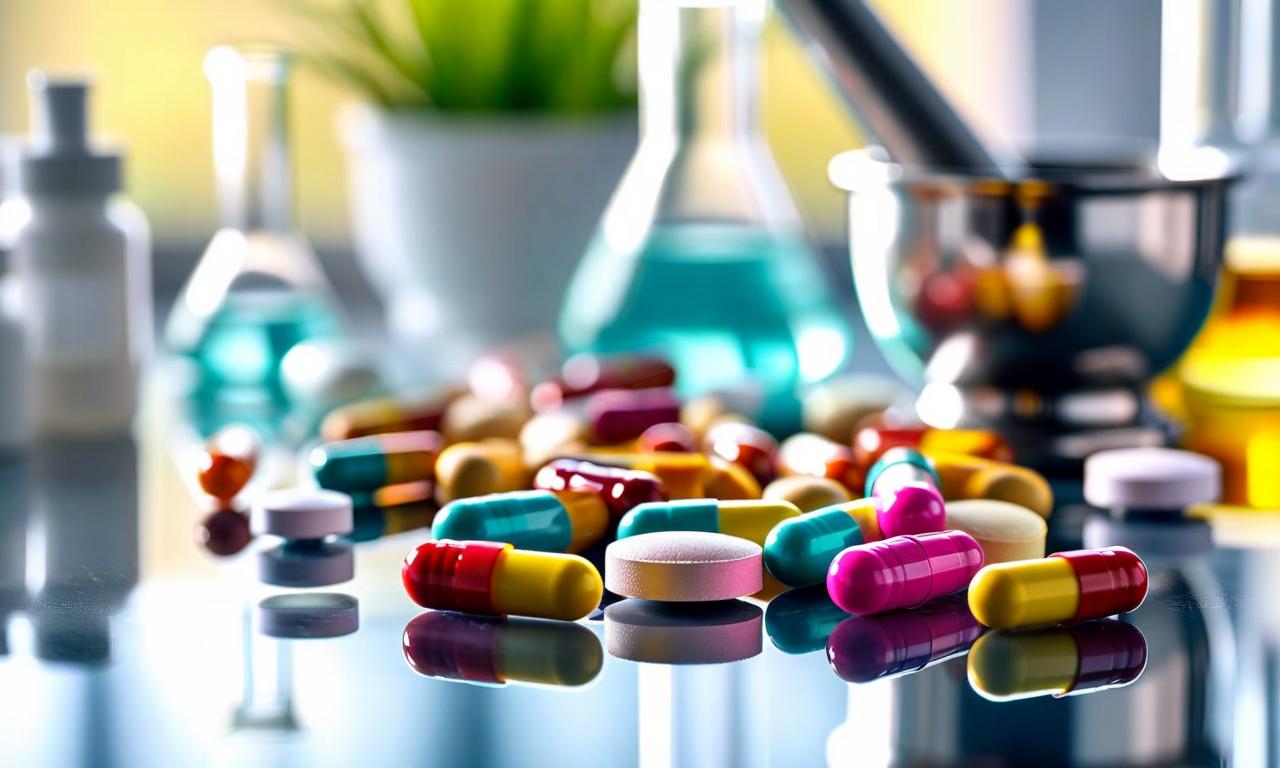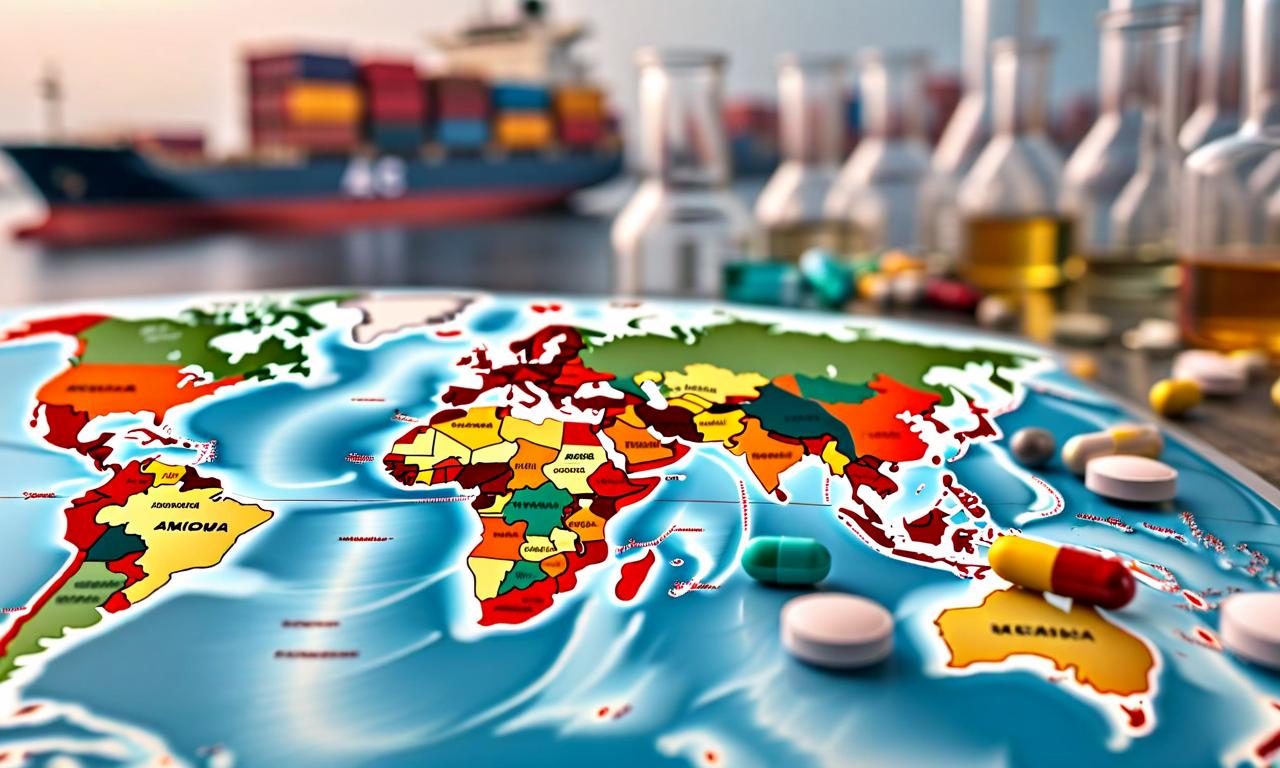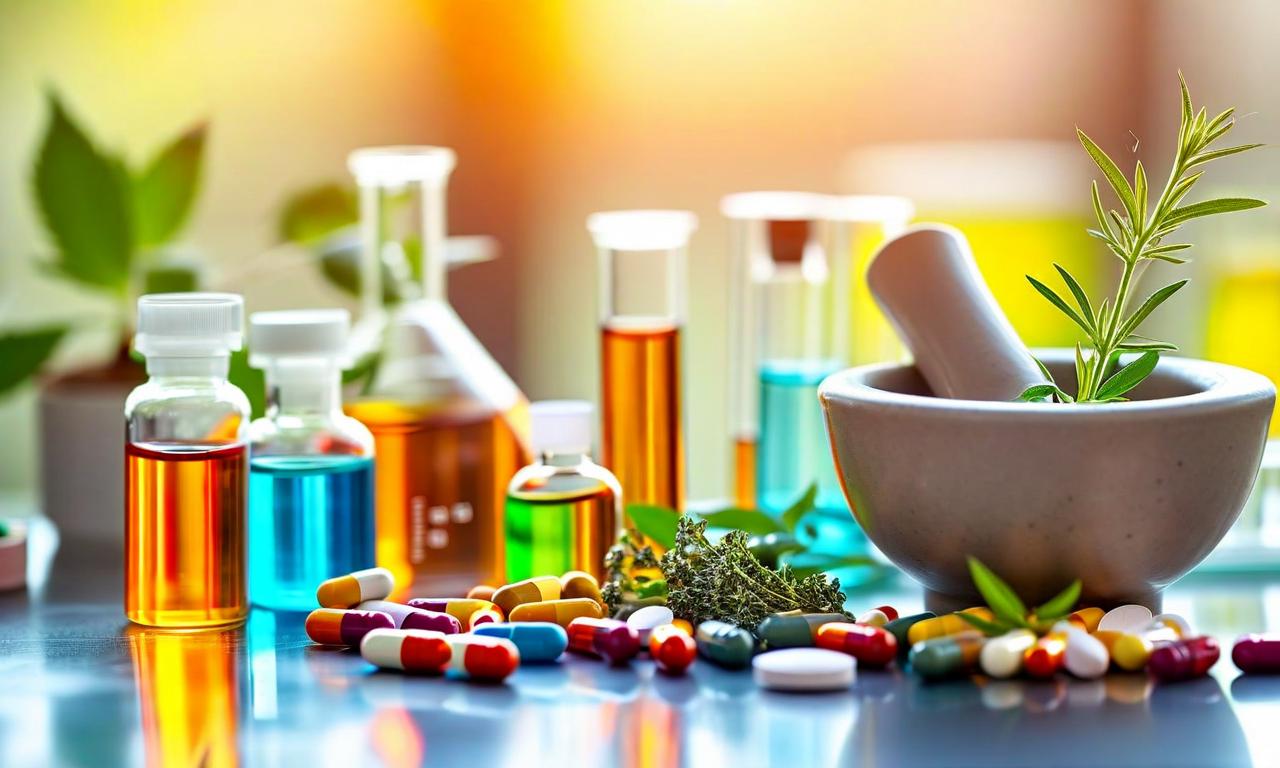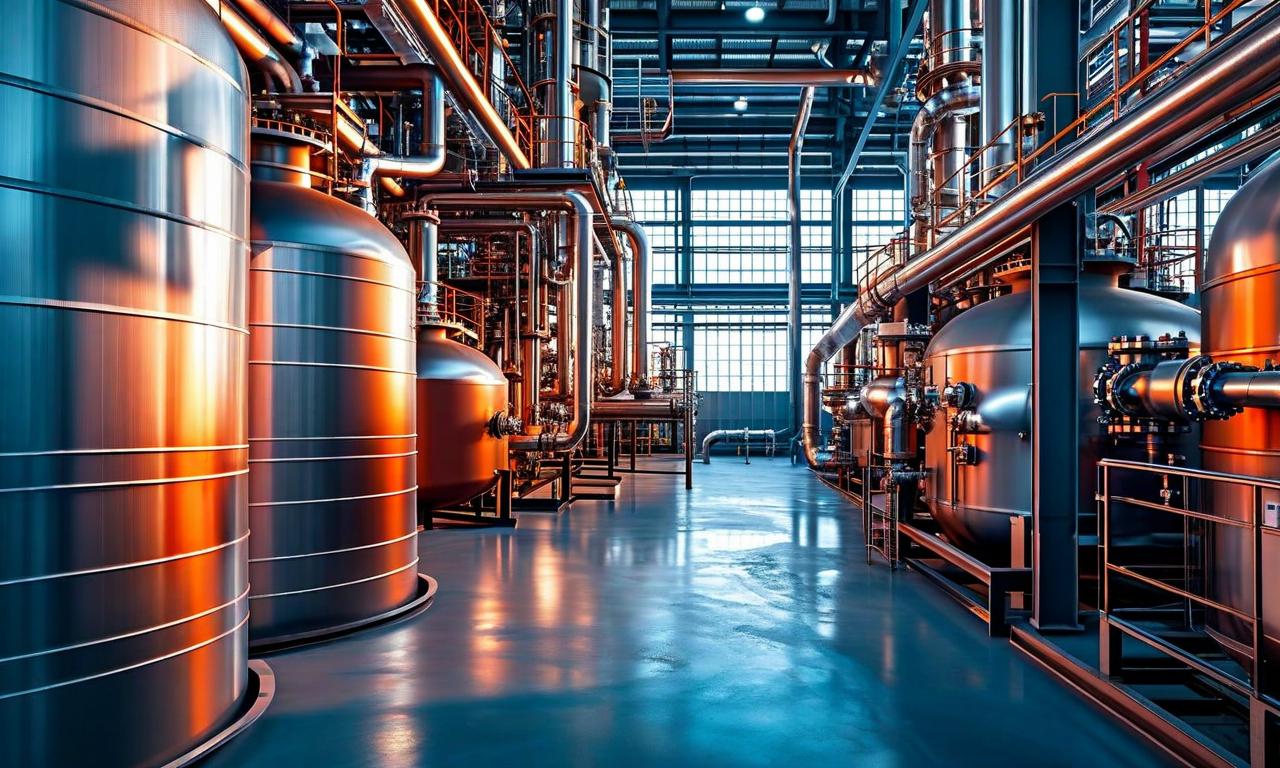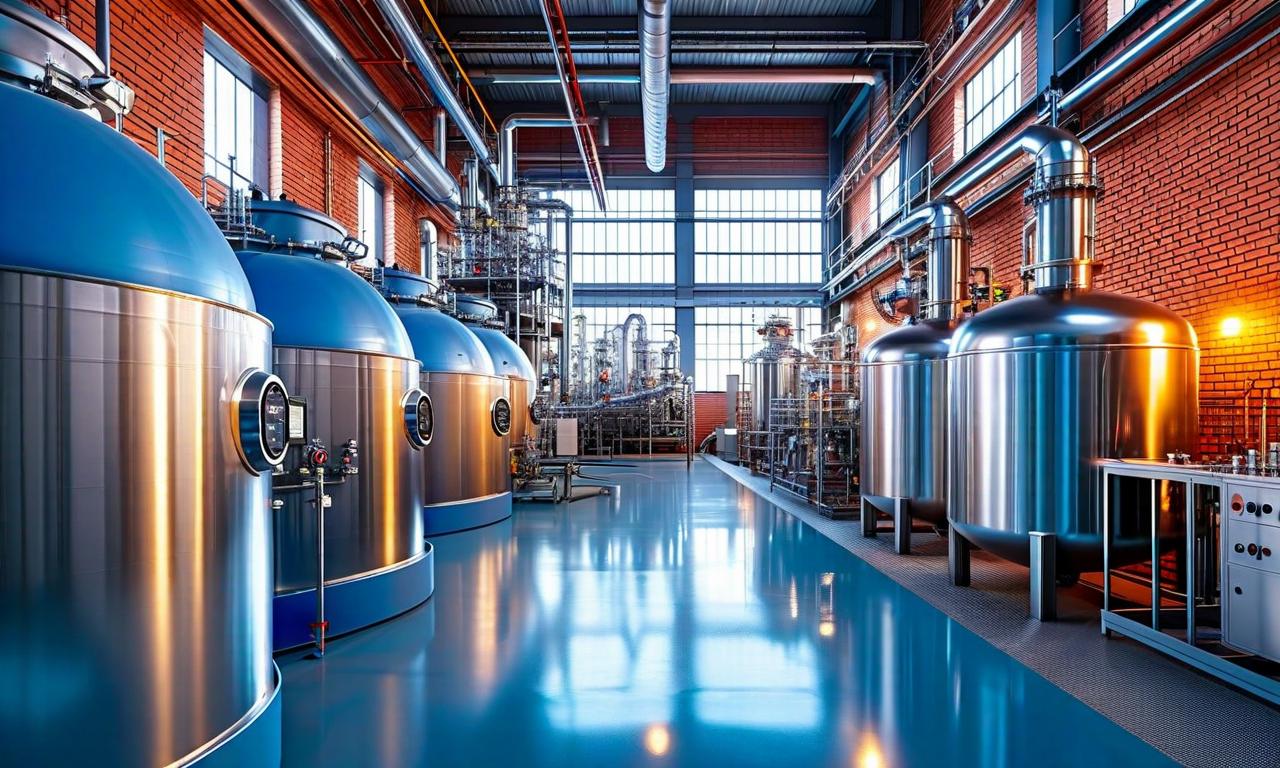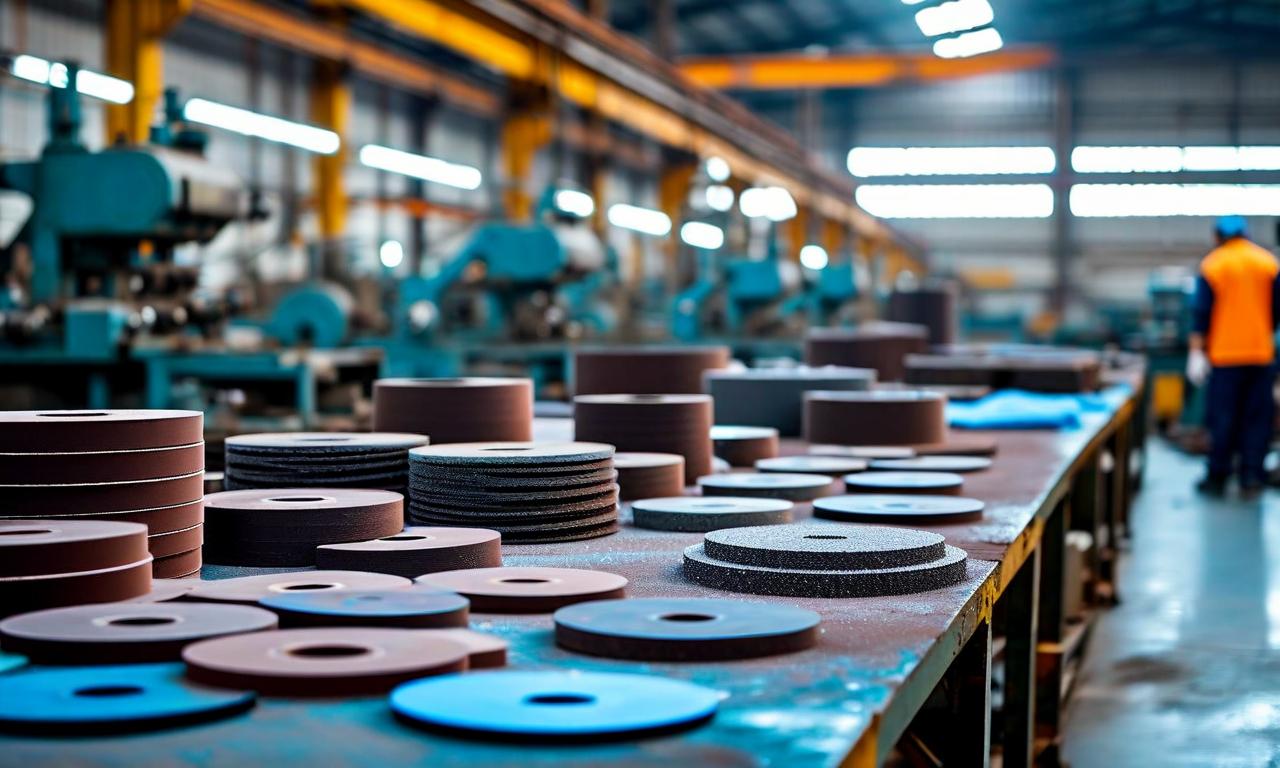India's Pharma PLI Schemes Exceed Investment Targets Despite Continued China Dependence
India's pharmaceutical PLI schemes have exceeded investment targets, with the bulk drugs scheme attracting ₹4,709 crore against ₹3,938.50 crore committed. The broader pharma PLI scheme saw investments of ₹38,543 crore, surpassing the ₹17,275 crore commitment. Despite this success, India's reliance on Chinese APIs has increased, with imports rising from 64% to 71% by value and 62% to 75% by volume between FY14 and FY23. In FY23-24, 72% of India's bulk drug imports came from China, with up to 90% dependence for essential antibiotics like cephalosporins and penicillin.
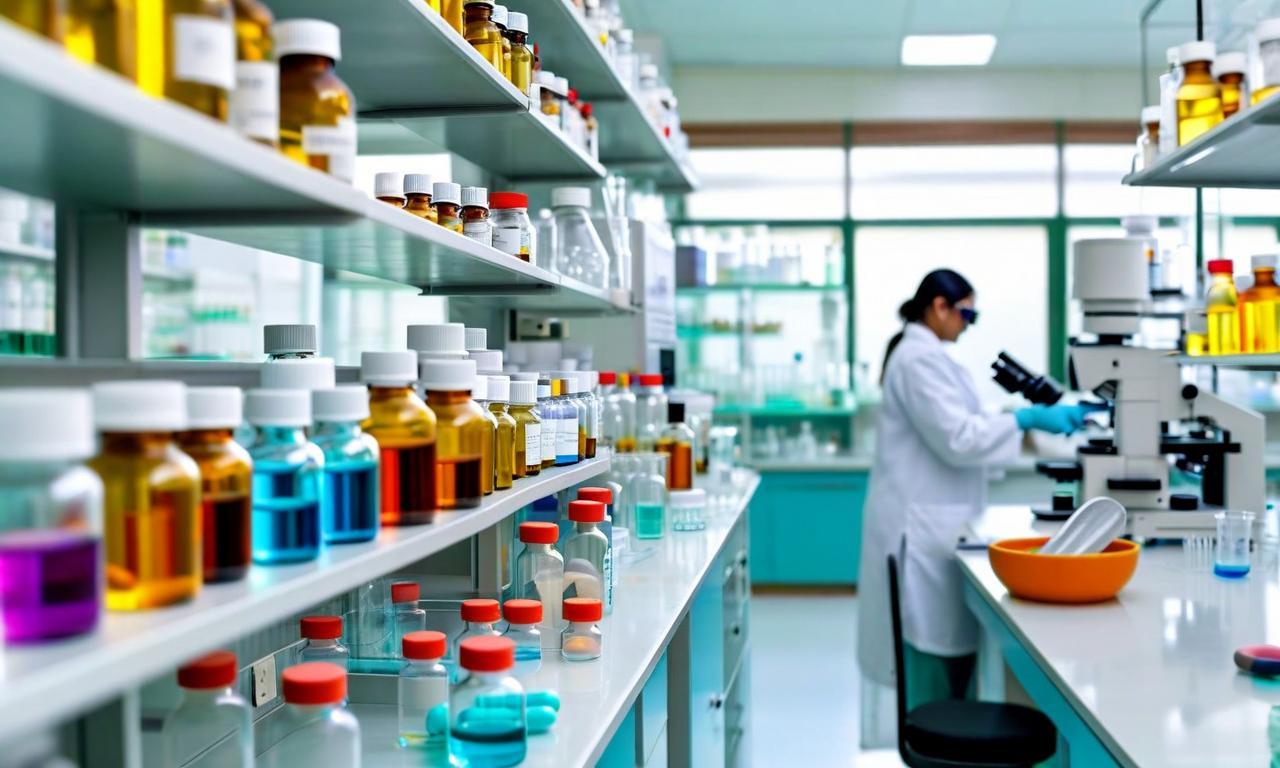
*this image is generated using AI for illustrative purposes only.
India's pharmaceutical sector has seen a significant boost in investments through its Production-Linked Incentive (PLI) schemes, surpassing initial projections. However, the country continues to grapple with a heavy reliance on China for crucial pharmaceutical ingredients.
PLI Schemes Outperform Expectations
The bulk drugs PLI scheme, launched in March 2020 with a ₹6,940.00 crore outlay, has attracted actual investments of ₹4,709.00 crore. This figure impressively exceeds the committed investments of ₹3,938.50 crore. The scheme has successfully created production capacity for 26 key starting materials, Active Pharmaceutical Ingredients (APIs), and intermediates. It has generated sales of ₹1,962.00 crore, including exports worth ₹479.00 crore.
Broader Pharmaceutical PLI Scheme Shows Remarkable Growth
The more extensive ₹15,000.00 crore pharmaceutical PLI scheme, encompassing 55 companies, has witnessed even more dramatic results. Actual investments have more than doubled, reaching ₹38,543.00 crore against the committed ₹17,275.00 crore. The scheme has driven cumulative sales to an impressive ₹2,89,606.00 crore, with exports accounting for 64% of this figure.
Persistent Dependence on Chinese Imports
Despite the success of the PLI schemes in boosting domestic production and investments, India's reliance on China for APIs has paradoxically increased:
- API imports from China rose from 64% in FY14 to 71% in FY23 by value
- By volume, the dependence increased from 62% to 75% over the same period
In the fiscal year 2023-24, India imported bulk drugs and intermediates worth ₹37,721.88 crore, with nearly 72% sourced from China. The dependence is particularly acute for essential antibiotics:
- For cephalosporins and penicillin, reliance on Chinese imports reaches up to 90%
Challenges and Implications
This data presents a complex picture of India's pharmaceutical sector. While the PLI schemes have successfully stimulated domestic investment and production, they have not yet significantly reduced the country's dependence on Chinese imports for critical pharmaceutical components.
The increased reliance on Chinese APIs, especially for essential antibiotics, raises concerns about supply chain resilience and national health security. It underscores the need for continued efforts to boost domestic production of these crucial ingredients and reduce import dependence in the long term.
As India's pharmaceutical sector continues to grow and evolve, balancing the benefits of the PLI schemes with strategies to reduce import dependence will be crucial for the industry's sustainable development and the country's healthcare autonomy.

